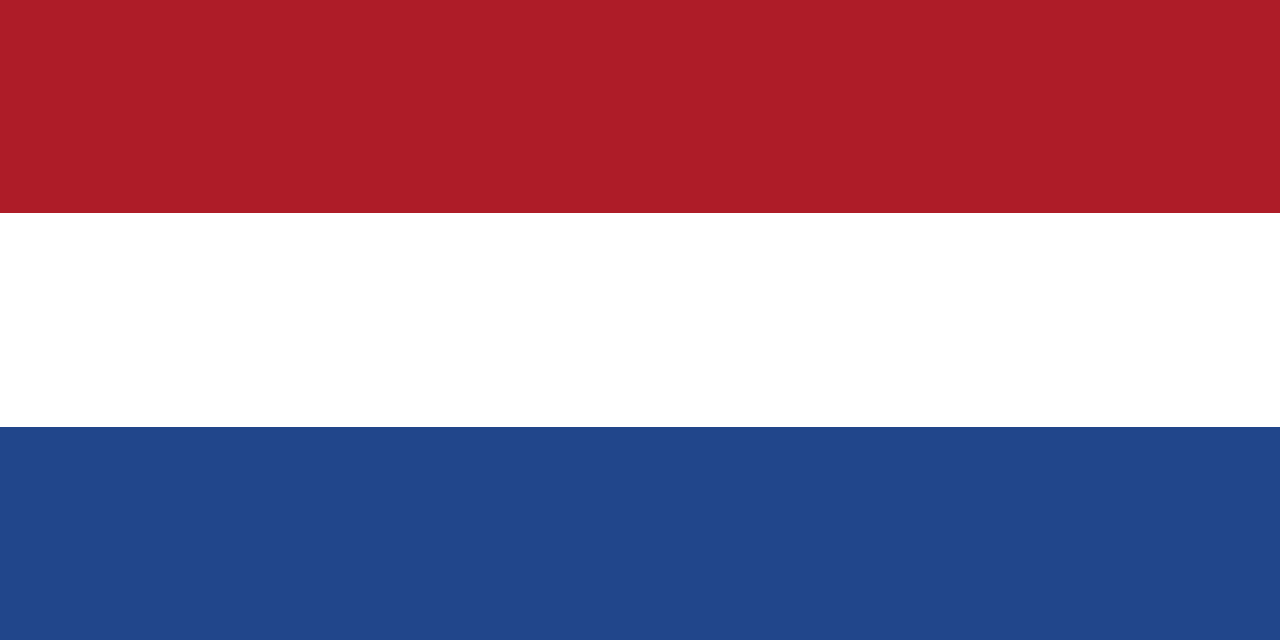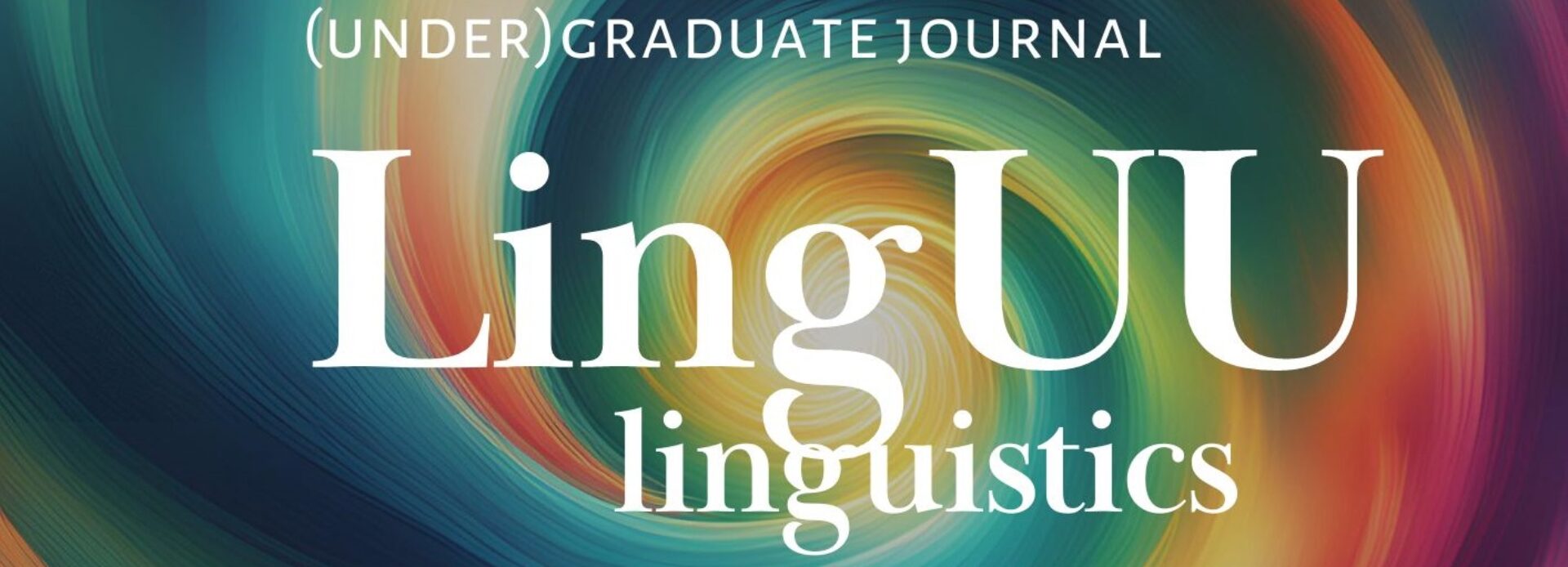- Versie
- Downloaden 15
- Bestandsgrootte 374.49 KB
- Aantal bestanden 1
- Datum plaatsing 8 juni 2023
- Laatst bijgewerkt 8 juni 2023
Second Language English /s/ Variation as an Index of Gay Identity
Author: Bram van Beerendonk
Source: LingUU Journal, vol. 7, Iss. 1, pp. 36-53
Year: 2023
Published by: LingUU Journal
Abstract
This paper aimed to investigate centre of gravity and skewness, two measures of /s/, as a possible predictor for gay identity of young Dutch men in English as a second language. Earlier research has already found centre of gravity and skewness to be predictors of gayness in English as a first language (Gaudio, 1994; Suire, Tognetti, Durand, Raymond & Barkat-Defradas, 2020; Rogers & Smyth, 2003; Linville, 1998; Van Borsel et al. 2009; Van Borsel & Van de Putte, 2014; Mack & Munson, 2012; Levon, 2014). This paper attempted to fill the niche of a similar predictability in the English of L1 Dutch speakers and did so by eliciting spontaneous speech from 11 men (ages 20-25) and then phonetically analysing these recordings using Praat (Boersma & Weenink, 2022). These measurements were then statistically compared to self-reported measures of gay identity and level of English. This statistical analysis indicated that a more negatively skewed /s/ significantly predicted gay identity, whereas there was no statistically significant relationship with any of the other models. Moreover, individual differences indicate that skewness appears to predict a measure of gay identity rather than self-identified sexuality.
Keywords
Gay speech, skewness, centre of gravity, sexual identity


